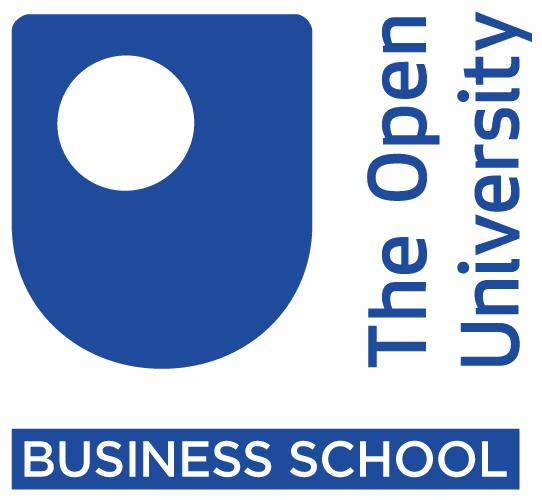The workforce is set to change dramatically in the coming years, according to a research paper commissioned by UBS Wealth Management and The Future Laboratory.
The Future of the Workforce identified major trends that could drastically alter the workplace within the next 20 years. The rise of artificial intelligence (AI) and the increase in the number of millennials in the workplace were cited as key drivers.
The research suggests that differing views between worker age groups could spell the end of the unified corporate culture.
Research from the chief investment office at UBS referenced in the report found that three-quarters (75%) of managers see managing a multi-generational workforce as a significant issue. European Forum of Independent Professionals research, also cited, suggested that millennial workers will be less loyal to employers and more inclined to work as freelancers, as the number of freelance workers has increased by 45% in the past three years in Europe.
Simone Thompson, chief of staff at UBS Wealth Management, warned that if organisations do not keep up with the changing demands of different age groups they could fall behind. “Businesses risk being weighed down by decades of unconscious bias that demands staff conform to a particular, very narrow, template,” she said. “Particularly for the younger generation, this template is an uncomfortable fit. Failure to set aside unconscious bias could lead businesses to miss out on a host of potential talent.”
Another trend identified is the increased use of AI, which the paper argues will radically alter the shape of the workforce.
It predicts a different structure emerging, with the number of middle-skilled workers potentially reduced. Lower skilled workers are likely to be only partially affected, as implementing AI functionality to replace them will prove too expensive. Highly skilled workers will be freed from mundane tasks, allowing them to focus on aspects such as research and development, creative thinking or client relationships.
Tom Savigar, senior partner at The Future Laboratory, said that the work landscape will undergo a period of transformative disruption in the decade ahead.
“A new wave of developments in areas such as AI, data analytics, robotics and VR is bringing exciting opportunities to businesses,” he said. “This will enable workers to optimise their physical and mental performance, embrace more flexible and modular work styles, and enjoy careers that match personal moral and ethical compasses. Businesses that harness the future will attract fresh talent that will drive innovation.”









